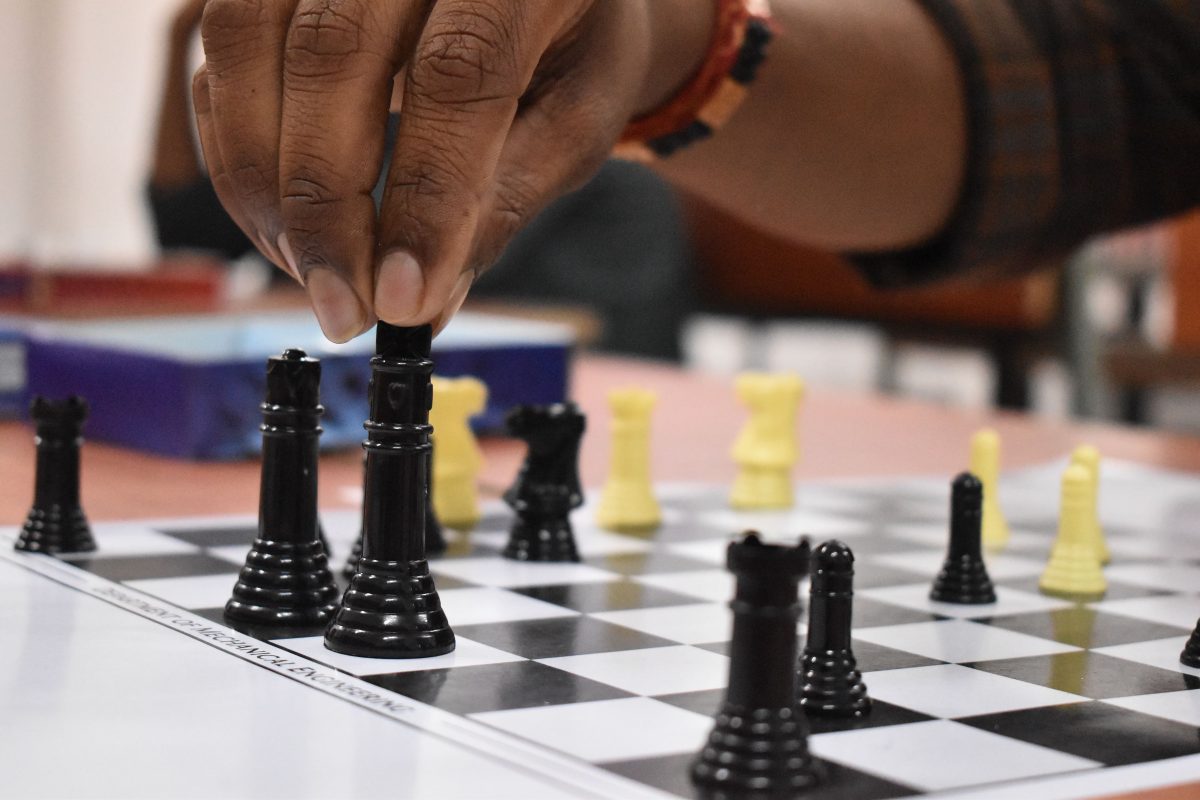I think of myself as an efficient decision maker. Despite being raised in a family where copious research preceded every purchase or life event, I didn’t adopt this mentality. Seeing the paralysis caused by Consumer Reports, Amazon reviews, and late-night Google searches, I developed a “just-enough” information strategy sprinkled with a healthy dose of intuition.
This applies to all my decisions, large and small, from finding a church in a new city to choosing a microphone to record my podcast. I might ask a few friends who have already made the decision or conduct a quick online search and then I simply commit to what feels right.
When I needed to furnish a new office last year, I took 2 trusted friends to IKEA. Within an hour we had picked out a desk, chair, and bookshelves. Long ago, when I was applying to college, I visited the schools to narrow my acceptances down to the top three, but when it came time to choose between them, I was guided by a dream I had about a nun. I’ve never dreamed about a nun before or since, but Santa Clara University was my home for the next four years because it was the only Catholic school on my list.
This year, though, my decision making rules feel irrelevant. The answers are hard to reach and impossible to honor when the story keeps changing.
I first noticed the shift on a Tuesday in March, the day before we were scheduled to fly to Cleveland to watch our oldest son compete in a college swim meet. I was debating over the impact of the brand new virus which had impacted our Seattle community. I conferred with my son who worried we might be ostracized since we were coming from the epicenter, but had zero concern his meet would be impacted by it. The website said the event was still on so we kept our plans.
Until he called back later that night. Given the rapidly changing news, his coach had given him an hour to decide if he still wanted to travel. In a rare break from team unity, each swimmer made an individual call with some choosing to attend and some staying behind. In line with our son’s decision, we cancelled our tickets and stayed home. Neither my research, nor my intuition had guided me to the right answer.
Two days later, Boston College announced it was closing campus. Our son wanted to temporarily move to New York, rather than home, because he feared not being allowed to return from the coronavirus epicenter. Wanting to honor his newfound decision-making ability as a young adult, I agreed and worked on accepting his choice in my heart. The night before the school closed, he called again to say New York (on the cusp of stealing the epicenter title from Seattle) no longer seemed wise and he’d bought a ticket to fly to Seattle the next morning.
From there, the flip-flopping decisions have just kept coming. No amount of research seems to guarantee confident choices and my intuition has gone dormant.
The next big decision I faced was whether to put my 83-year-old dad on hospice. While he was terminally ill, he was also still actively working. The problem was he was frequently hospitalized and feared coronavirus more than cancer. He never met the criteria of choosing comfort over cure, but the hospice team looked beyond that for him. Although he didn’t have COVID-19, his medical choices from that point forward were driven by the deadly disease.
As 2020 has progressed, I’ve continued to wrestle with decisions. Should I join a #Black Lives Matter protest because I believe in the cause or stay away because it doesn’t meet my social distancing standards? Should I tell the man in the store to put on a mask or mind my own business? Is there any way to safely host a high school graduation party for my younger son? Should I send my boys to college even if the classes may be online? Should I launch my own online class now when everyone is home or later because we’re all Zoomed out?
The decisions are hard and have consequences. My “just-enough” research is no longer enough and my gut instinct seems to be taking a break this year. For now, I’m slogging through the process that is anything but efficient. There is no right decision. I wait until I have enough information and I reserve the right to change my mind as often as I need.


